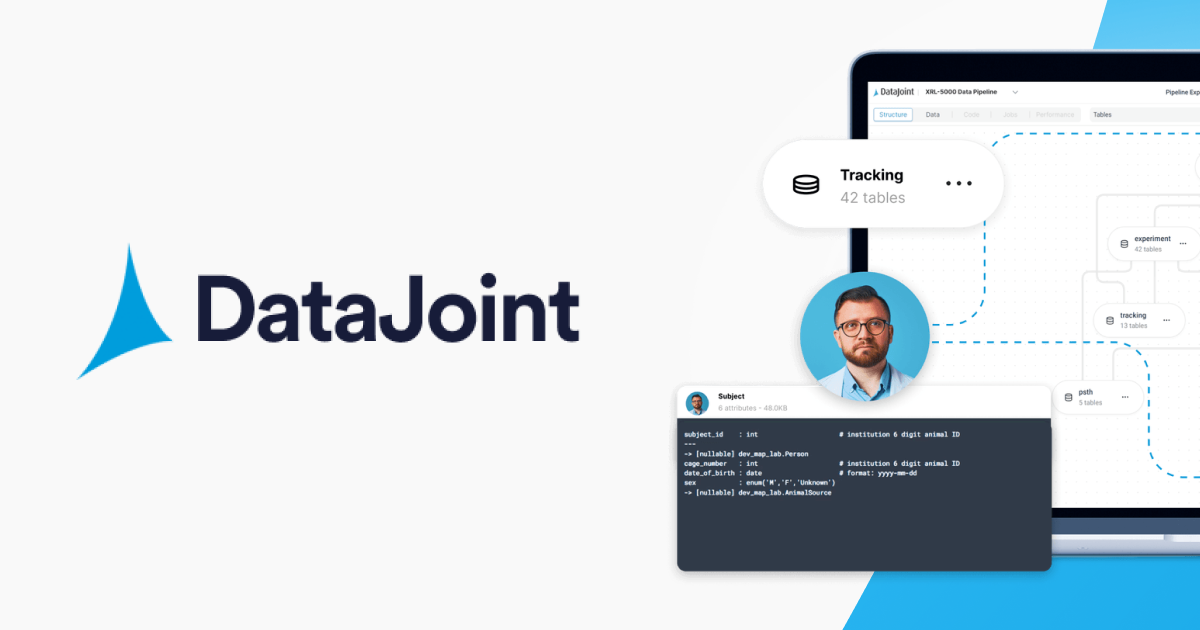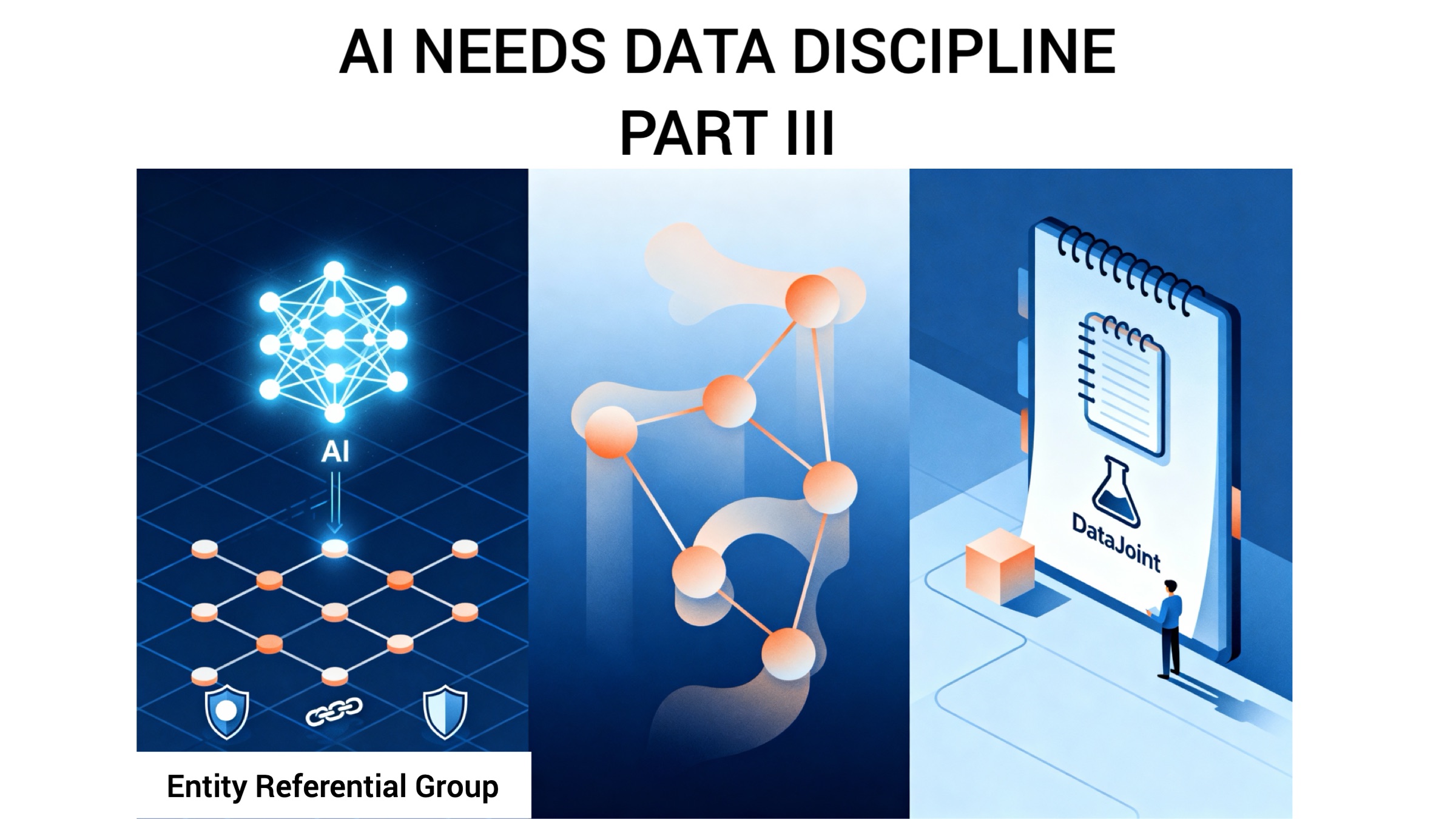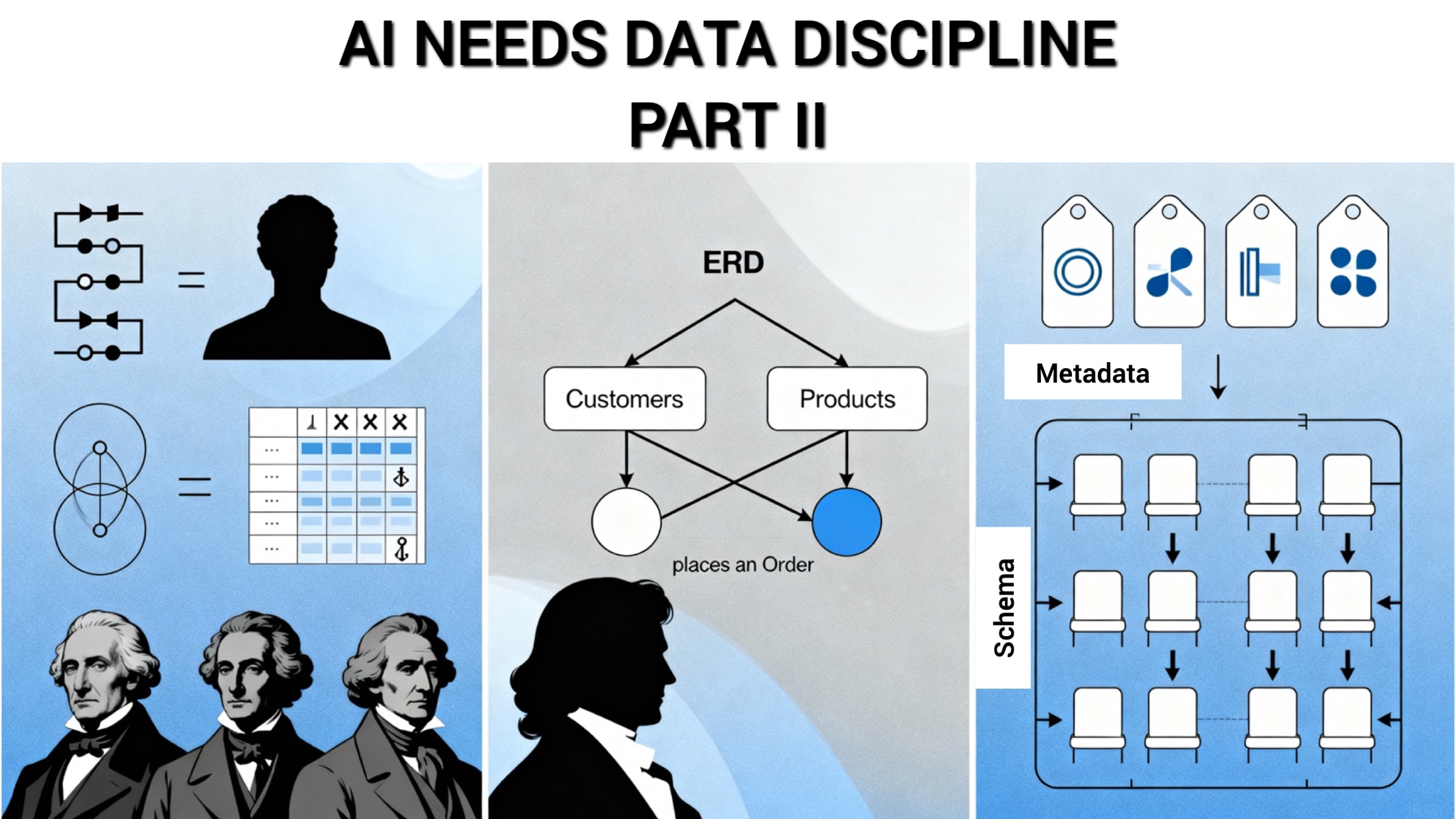Insight Entrepreneurship – A New Vision for Science

This article is Part 3 of our three-part series, Entrepreneurs of Insight. In Part 1, we traced the breakdown of the old compact between science and society. In Part 2, we examined the promise and peril of the Executive Order on “Restoring Gold Standard Science.” Here, we introduce a forward-looking model: Insight Entrepreneurship.
Introducing: Insight Entrepreneurship
This new vision, Insight Entrepreneurship, reframes the role of scientists and research entities. It calls for them to become proactive stewards and developers of knowledge, taking greater ownership of their intellectual endeavors and the insights they produce. “Insight” is the core currency – encompassing not only discoveries with commercial potential but also fundamental breakthroughs that answer deep questions and satisfy broad human curiosity. “Entrepreneurship” here signifies a mindset of innovation, strategic resource management, value creation (intellectual, societal, and economic), and accountability for the integrity and impact of one’s work.
Core Tenets of Insight Entrepreneurship:
The Scientist as an Empowered Entrepreneur of Insight: Individual researchers and their teams are viewed as primary engines of discovery and “entrepreneurs of knowledge.” This vision empowers them with significant autonomy and encourages a form of ownership over their core intellectual contributions – including methodologies, experimental designs, software, curated datasets, and the unique insights generated. This stewardship extends to having substantial strategic input into how research funding is deployed and leveraged, enabling them to build and sustain their “intellectual capital” for long-term, impactful inquiry. The goal is to foster an environment where brave, independent, and creative endeavors can thrive.
Accountability through Radical Integrity and Verifiability: This enhanced autonomy and ownership are inextricably bound to a profound and demonstrable commitment to radical integrity. Researchers and their institutions must champion and adhere to the highest standards of rigor, transparency in methodology, and verifiability of findings. While the immediate, unconditional release of all raw data from publicly funded projects may not always be the optimal strategy for building intellectual capital or ensuring data quality and context, verifiability remains paramount. The scientific community must develop and adopt robust mechanisms to ensure that all claims are traceable, methodologies are transparent (even if access to underlying raw datasets is managed), and findings can be independently scrutinized and validated under clear, ethical guidelines. This demonstrable integrity is the bedrock of trustworthiness.
Strategic Management of Knowledge Assets for Diverse Value Creation: All outputs of the research process – from foundational data and sophisticated workflows to transformative insights – are treated as valuable knowledge assets. The scientists and institutions who create these assets must strategically manage them to maximize their diverse forms of value. This includes establishing clear frameworks for knowledge ownership, data governance, responsible licensing, and ethical commercialization where appropriate. The aim is to ensure that insights are not only generated but are also effectively translated into broader intellectual advancements, societal benefits, or economic opportunities, with benefits flowing back to support further research and innovation.
A Diversified, Agile, and Sustainable Funding Ecosystem: While core public funding for foundational (“blue sky”) research remains essential, Insight Entrepreneurship fosters a more diversified and resilient funding landscape. This includes promoting more dynamic and transparent collaborations with industry, encouraging philanthropic investment in bold ideas, and exploring models where the value generated from knowledge assets (e.g., through licensing or spin-offs) can create sustainable revenue streams to support ongoing research, reducing sole reliance on fluctuating government appropriations.
Cultivating Intellectual Freedom and Robust Scientific Discourse: A core goal of Insight Entrepreneurship is to foster an environment resilient to ideological capture and conducive to healthy, rigorous, and open debate on all scientific questions, including those that are socially or politically sensitive. By empowering individual researchers with greater ownership of their intellectual trajectory and demanding accountability based on evidence and integrity rather than conformity, the system becomes more decentralized. This decentralization, coupled with a renewed commitment from the scientific community itself to uphold principles of free inquiry and viewpoint diversity (within the bounds of ethical and evidence-based practice), can provide a stronger defense against the imposition of orthodoxy, “runaway ideologies,” or self-censorship. The “market” for insights, in this broader sense, should ultimately favor those that are most robust, evidence-based, and generative, regardless of their alignment with prevailing dogma.
Principled and Impactful Communication: Research communication must be didactic, aiming to inform and educate both the scientific community and the public with clarity and unimpeachable honesty. A distinction is maintained between the often messy, complex reality of the research process and the focused, verifiable claims made in its communication. In an era of Insight Entrepreneurship, where the perceived value of insights is critical, ensuring that communications are both compelling and scrupulously honest is fundamental to building and maintaining trust.
The Role of Advanced Research Platforms in Enabling Research Entrepreneurship
The vision of Insight Entrepreneurship, with its emphasis on researcher ownership, demonstrable integrity, and the strategic management of complex knowledge assets, necessitates advanced infrastructure. DataJoint emerges as a principal tool and foundational platform designed to empower individual researchers and teams to thrive in this new era. It enables them to meticulously create, preserve, and demonstrate their key capabilities, methods, and outputs under conditions of operational excellence and data integrity.
Specifically, DataJoint facilitates:
- Creation and Preservation of Intellectual Assets: It provides a robust framework for systematically defining, executing, and evolving complex research workflows, treating the logic, the acquired data, and analytical results as interlinked, versioned assets. This inherently documents the research process, securing intellectual property and ensuring clear provenance for every insight.
- Operational Excellence and Data Integrity: Through standardized data models, automated processing pipelines, and support for FAIR (Findable, Accessible, Interoperable, Reusable) principles, DataJoint underpins the operational excellence required for modern, data-intensive science. This systematic approach is fundamental to ensuring the integrity and reliability of the knowledge assets generated.
- Demonstrable Integrity and Verifiability: DataJoint’s architecture enables communicated findings to be directly and transparently traced back to their origins within the managed research pipeline, including specific data versions, analytical methods, and computational steps. This traceability is crucial for upholding the principle of radical integrity and allowing for independent verification under agreed-upon protocols. DataJoint enables research teams to efficiently implement and certify “Gold Standard Science.”
- Strategic Management and Collaboration: It allows for granular control over data and workflow components, enabling researchers and institutions to strategically manage their intellectual capital – sharing elements with global partners to foster collaboration while protecting core proprietary assets. This supports the clear delineation and enforcement of governance and ownership structures vital for both academic and commercial translation of insights.
By providing such comprehensive capabilities, platforms like DataJoint empower insight entrepreneurs to not only generate groundbreaking discoveries but also to manage them as durable, verifiable, and valuable contributions, thereby meeting the highest standards of scientific rigor and public accountability.
The Goal: A Revitalized Scientific Enterprise
Insight Entrepreneurship aims to revitalize the scientific enterprise by fostering a culture rooted in individual initiative, profound integrity, and the strategic management of valuable knowledge. It seeks to build a system that is more agile, more accountable, sustainably funded, and deeply impactful. By empowering scientists as entrepreneurs of insight, responsible for both the creation and stewardship of knowledge assets, this vision endeavors to restore a nuanced public trust, ensure science’s intellectual leadership, and unlock new frontiers of discovery for the benefit of all.
This concludes the three-part series, Entrepreneurs of Insight. It begins with Part 1, A New Course for Scientific Discovery.
Related posts
Neuropixels, Plainly Explained
AI and the Evolution of Relational Schemas
The Power of Schemas
Updates Delivered *Straight to Your Inbox*
Join the mailing list for industry insights, company news, and product updates delivered monthly.

.svg)





